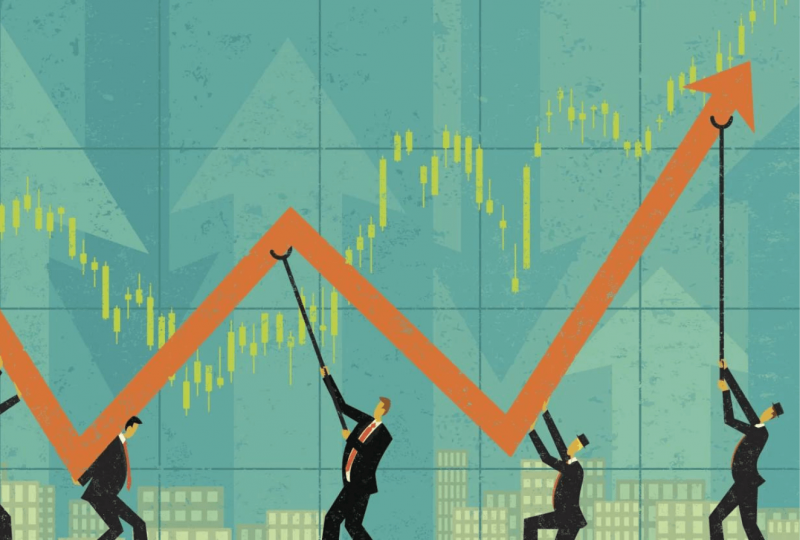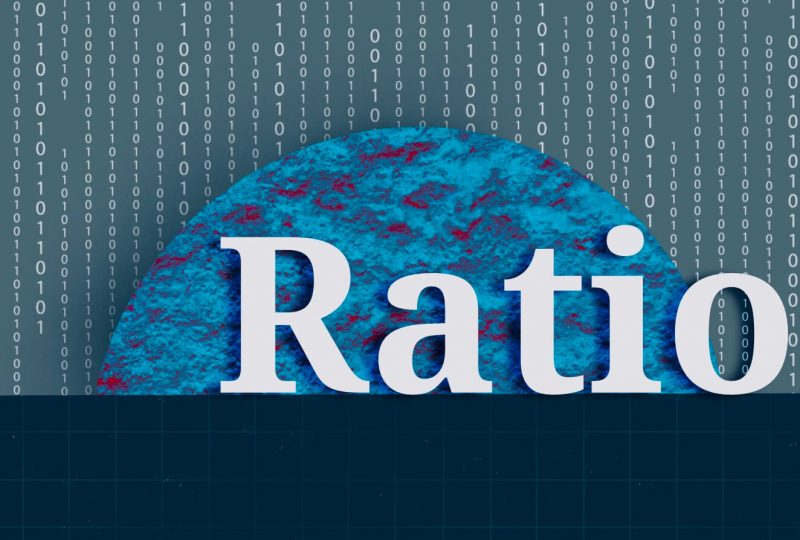Stock Market News Live Updates: Stocks Stage Massive Comeback Despite Russia Invasion Of Ukraine
Feb 24, 2022

US equities made a large recovery Thursday after Wall Street's key indexes fell more than 2% in early trade as Russia's military intervention into Ukraine shook markets across the world.
The Nasdaq Composite recovered after falling over 3% in the morning to finish 3.4% higher, or 436 points higher, at 13,473.58 on its best day of 2022. The Dow Jones Industrial Average finished in green after falling more than 800 points during midday trading, while the S&P 500 recovered from a 1.5% decline to conclude 1.5% higher at 4,288.69.
At the same time, the 10-year US Treasury yield almost recovered from a 12-basis-point loss – its lowest since November 2021 — to 1.97%.
In a speech on Thursday, President Joe Biden announced new sanctions on Russia for its aggression in Ukraine, which would have significant immediate and long-term economic consequences for the country. The move follows the announcement of the first round of sanctions on major Russian banks, sovereign debt, and entrepreneurs on Tuesday.
Biden stated in his speech that Putin is the aggressor. "Putin chose this war, and now he and his country must pay the price."
European allies moved in unison to punish Moscow for its provocative behavior. UK Prime Minister Boris Johnson announced the country's largest sanctions targeting Russian banking institutions, people from President Vladimir Putin's inner circle, and the wealthiest Russians who visit London. At the same time, Germany has stopped certification of the Nord Stream 2 gas pipeline, which would have strengthened Western Europe's energy dependence on Russia, the planet's biggest natural gas supplier.
"Putin expected this," CSIS International Security Program senior advisor Mark Cancian said. "He made his move anyway, so they're unlikely to stop him."
Turbulence in global markets encouraged investors to purchase safe-haven assets early in the day as part of a larger risk-off move globally. On the other hand, Gold futures reversed a 3.5% gain to fall as much as 1.7% entering the close. WTI crude oil was on the verge of erasing a 9.2% gain after surging beyond $100 a barrel for the first time since July 2014.
"Globally, financial markets have gone into a risk-off mode with safe-haven for US Treasury bonds, the dollar, and gold," Comerica Wealth Management Chief Investment Officer John Lynch said.
In the United States, geopolitical tensions add to the already heavy burden on investors of a hawkish change in Fed policy to act more forcefully in reducing inflationary pressures. The conflict between Russia and Ukraine promises to increase already-rising prices and spark additional economic instabilities, complicating the Federal Reserve's policy-making decisions.
"Energy costs have risen, and the danger of an oil supply shock puts further strains on discretionary expenditure, potentially impacting on GDP and challenging the Fed's efforts to battle inflation by increasing interest rates," Lynch said. "A 50-basis-point hike at the March session now seems doubtful."
Many analysts have claimed that, given the size of global uncertainty on stocks, traders' risk-aversion derives mostly from concerns about interest rate rises.
"Up to this point, despite the worries, it seems that Ukraine is not the cause of the dip," Commonwealth Financial Network Chief Investment Officer Brad McMillan remarked.
"But, if not the Ukraine situation, what has brought the markets down?" McMillan penned the piece. "Rising interest rates are the most probable candidate—one that makes both basic and mathematical sense."
According to Brad McMillan, the 10-year US Treasury yield has risen from 1.63% to 1.97% since the beginning of 2022, a 34 basis point, or 21% gain. Higher yields often imply lower value, with the S&P 500's future price/earnings ratio falling from about 22.35 by the end of the previous year to an expected 19.1, a 15% drop.
"After adjusting for this quarter's earnings outperformance, that decline in values very well explains the market dip, and that explanation doesn't leave much space for fears about Ukraine," McMillan said. "Wall Street appears to be far more concerned about Federal Reserve Chair Jay Powell than Vladimir Putin, at least for the time being."




